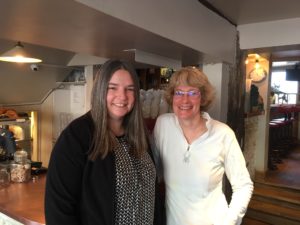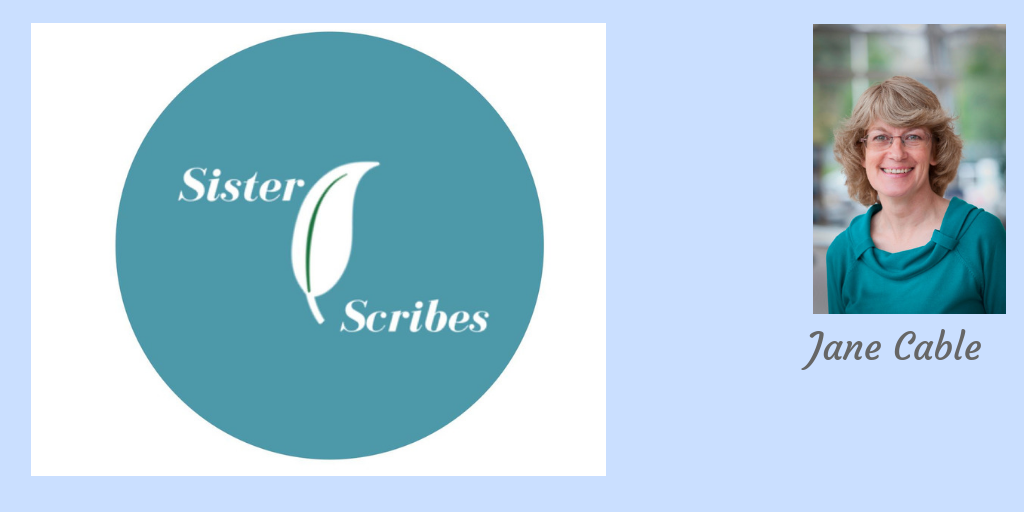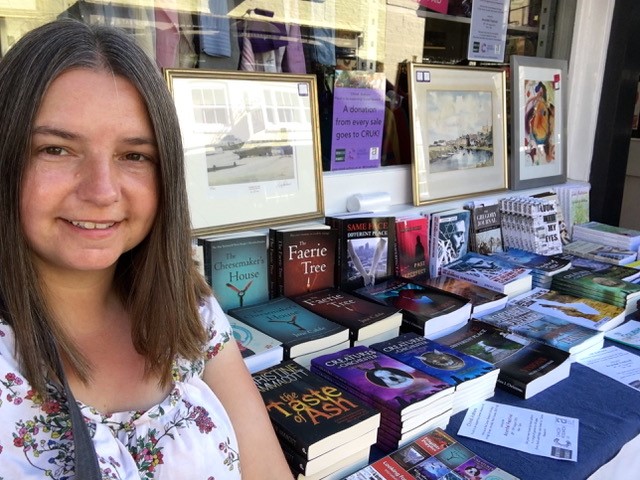It’s my absolute pleasure to introduce Carol Thomas, my long time Chindi Authors partner in crime and one of the best collaborators I know. Carol’s contemporary romance novels have relatable heroines whose stories are layered with emotion, sprinkled with laughter and topped with irresistible male leads; while her children’s books have irresistibly cute, generally furry characters young children can relate to.
“Alone we can do so little, together we can do so much.” — Helen Keller
At the Romantic Novelists’ Association conference in July 2018, Sam Missingham made the point that as writers, even writing within the same genre, we are not competing. Readers read books, lots of them and generally in a preferred genre. Working collaboratively on promotion means a group can be greater than the sum of its parts. Her point was well made and, from experience, I have to agree.
After self-publishing my first novel, Crazy Over You, I reached the point where I didn’t know what to do next. Fortunately, I heard about Chindi Authors – a local group of self-published authors, working together to promote their work. Writing in a range of genres, they had amongst them a wealth of knowledge about self-publishing and promotion.
I joined and learnt a lot, not just from the others, but also through what I achieved from being an active member of the group. My confidence grew, my author platform improved. When it came to pitching my next novel, The Purrfect Pet Sitter, to Choc Lit, all that I had learnt was invaluable. I successfully gained a contract under their imprint Ruby Fiction.
 While I remain an active member of Chindi Authors, following Sam Missingham’s advice, I have also recently joined forces with fellow romance writers Caroline James, Angela Barton, Morton S Gray, Julie Houston, Jane Cable, Tora Williams and Mariam Kobras to form Apricot Plots.
While I remain an active member of Chindi Authors, following Sam Missingham’s advice, I have also recently joined forces with fellow romance writers Caroline James, Angela Barton, Morton S Gray, Julie Houston, Jane Cable, Tora Williams and Mariam Kobras to form Apricot Plots.
We are all passionate about writing smart, fresh romance for the twenty-first century – stripping away out-dated conceptions of romance and romance writers. We are loud and proud about our genre.
Covering the sub-genres of contemporary, historical, mystery, suspense, comedy and more, together we offer something for every romance lover. And we enjoy interacting with our readers, offering competitions and giveaways too. Together we reach more readers and can keep our presence active. If one author is having an off day, the others can take up the slack.
And while our public persona as a group is important what is also invaluable is the private group we share. Behind the scenes, we can talk about issues with our writing, plots, edits and so forth, as well as the general things, positive and negative, that get thrown at us in life. We are there for each other, ready to listen, supportive and encouraging.
When you write within the romance genre, you soon learn that you are part of a very supportive and collaborative community of writers – especially if you become a member of the Romantic Novelists’ Association. But, as my experience with Chindi Authors proved, I don’t think this is necessarily genre specific. Writing itself can be a solitary affair, connecting with other authors is important and when you work collaboratively, it can be beneficial too.
Three top tips for working collaboratively:
1) Take a little time to find your way, but also be prepared to step up. Somewhat obvious but … the key to collaboration is collaborating.
2) Be prepared to compromise. Working as part of a group will require it at some point.
3) Be actively supportive of others; you’ll get more from it than you might think. Rightfully so, when it comes to working in a group, you tend to get out, what you put in.
Find Carol on Twitter @carol_thomas2 and on other social media here:
http://facebook.com/carolthomasauthor
http://www.instagram.com/carol_thomas2/
Website / Blog Link:
http://carol-thomas.co.uk/blog




